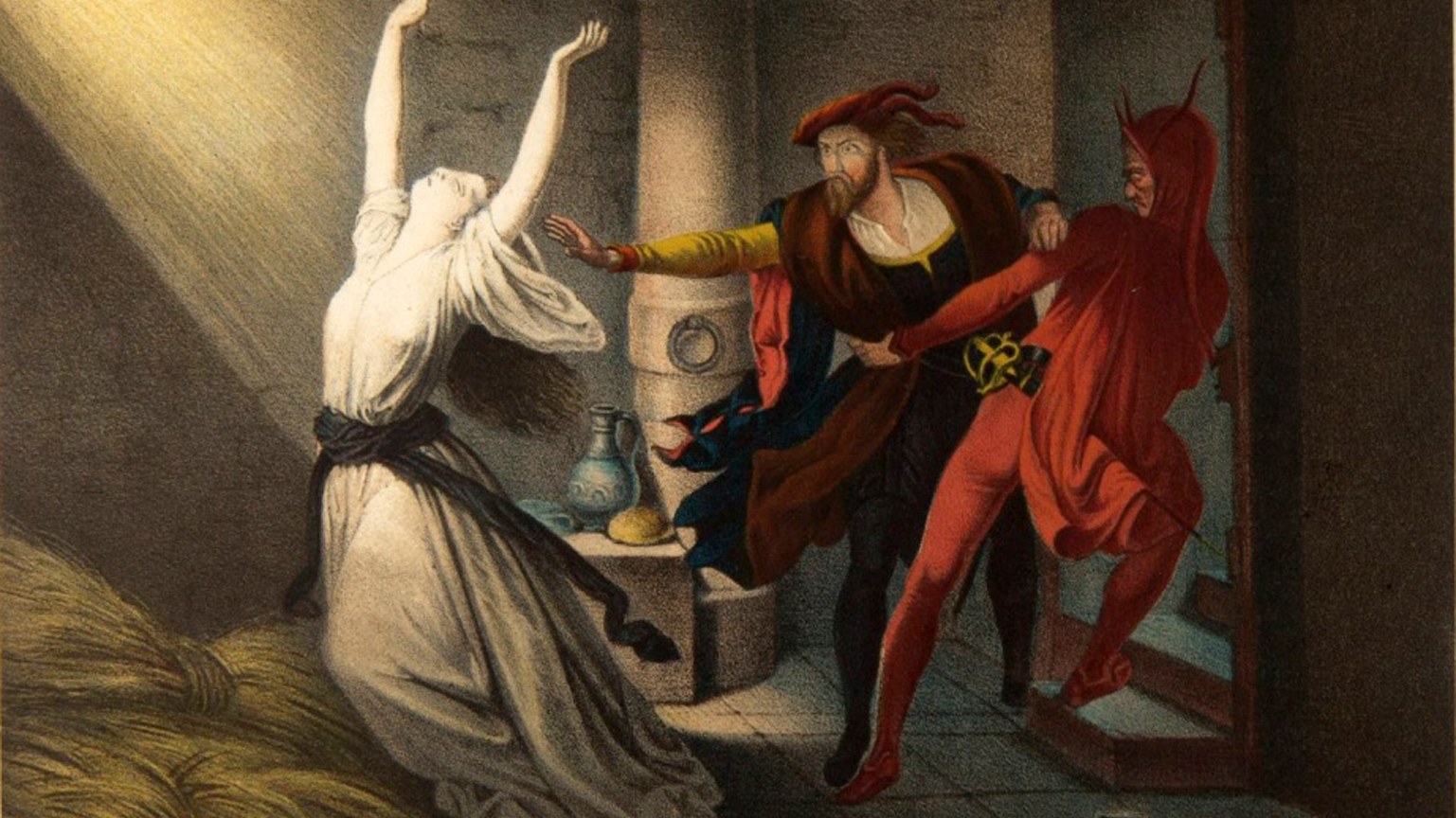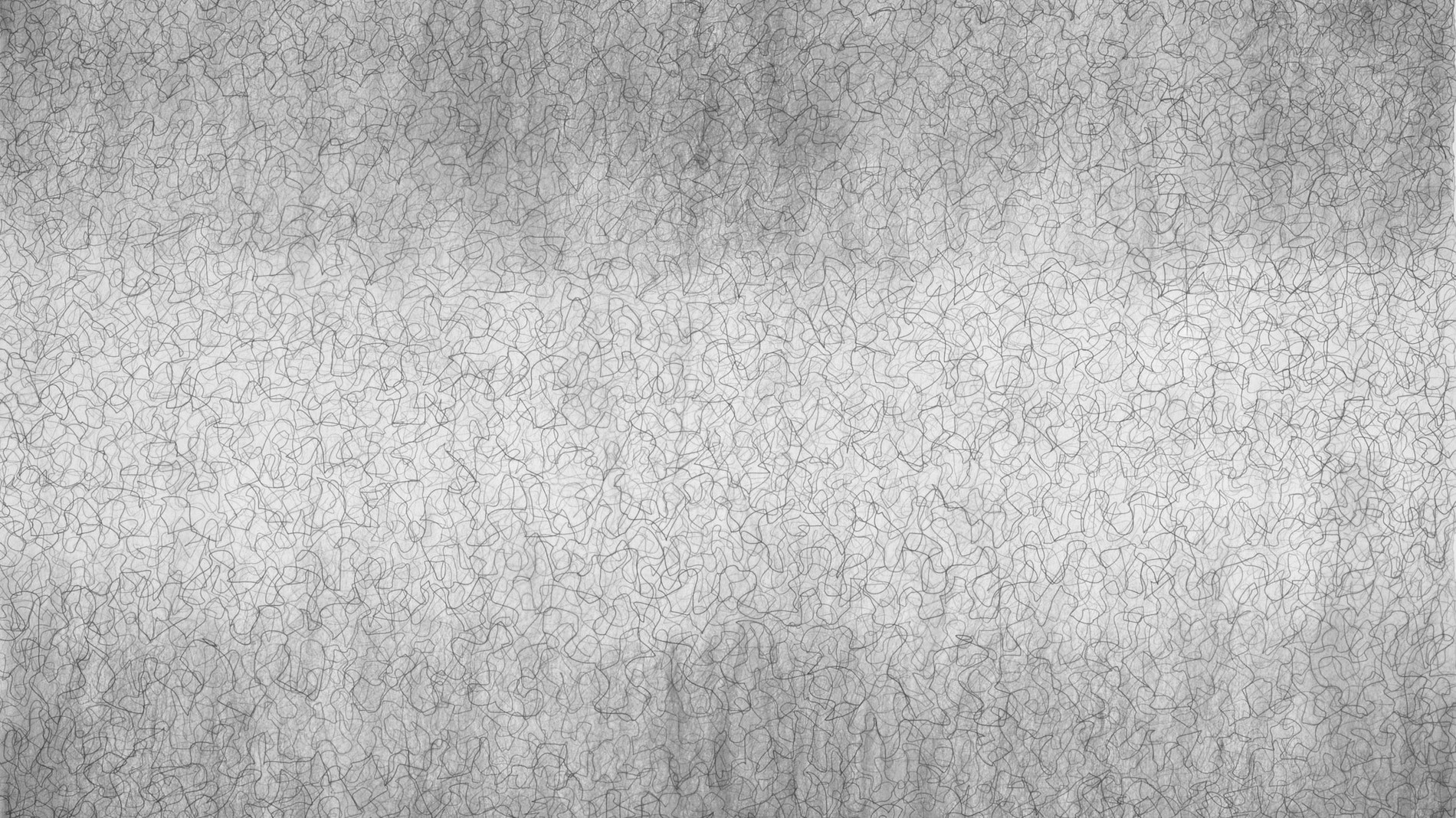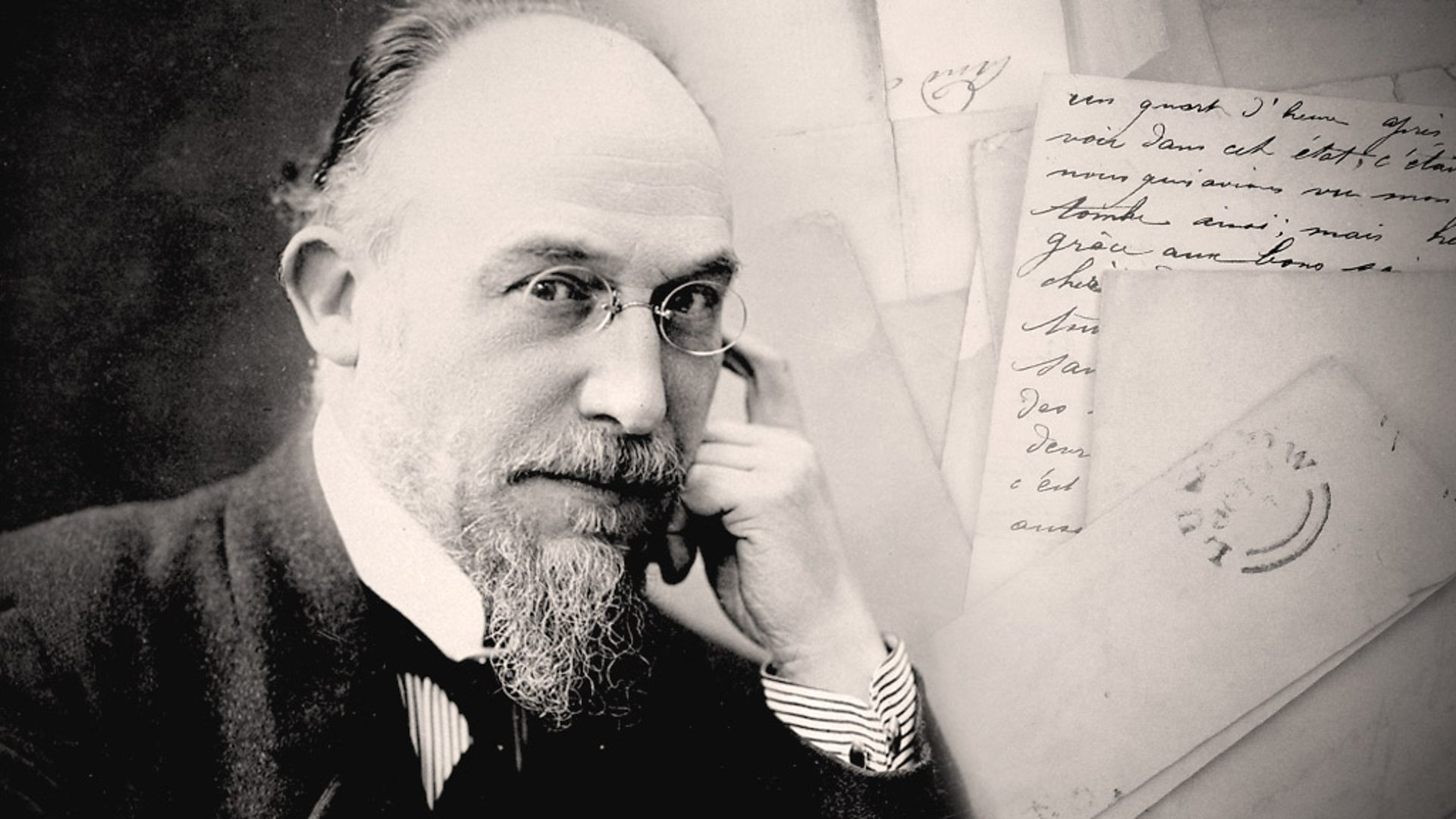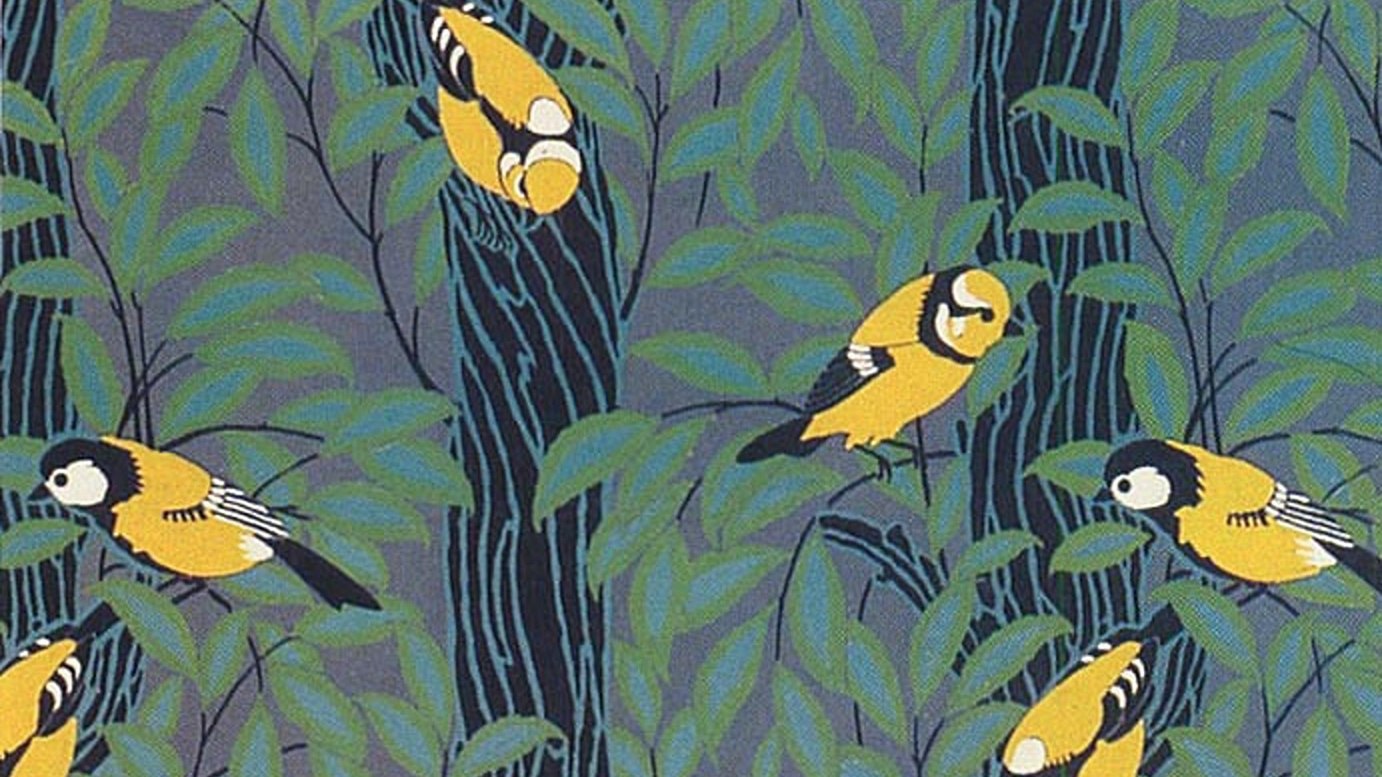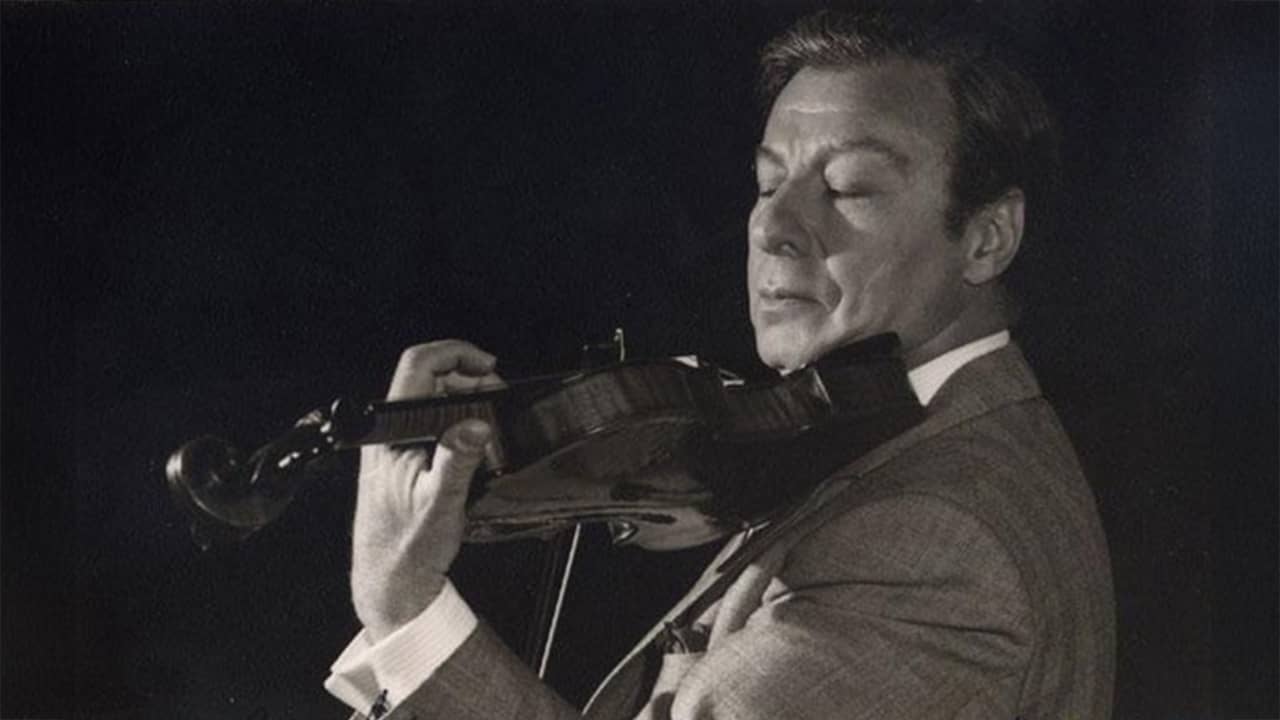Michael Torke’s “Last Fall”: New Music for Solo Violin and String Orchestra
American composer Michael Torke (b. 1961) has just completed a new concerto for solo violin and string orchestra simply titled Last. Last is a collection of twelve meditative pieces that can be performed separately, or as a whole. The titles evoke memories and the passage of time. (Last Fall, Last Year, Last Month, Last Sunday, etc.) Torke comments that they “are almost like second movements of violin concertos.” His program notes for Last are as follows: The Stoics recommend …


